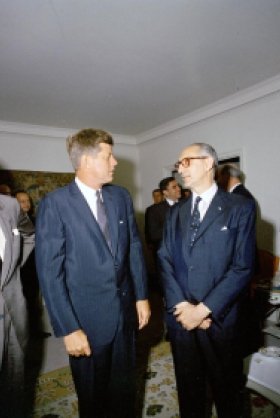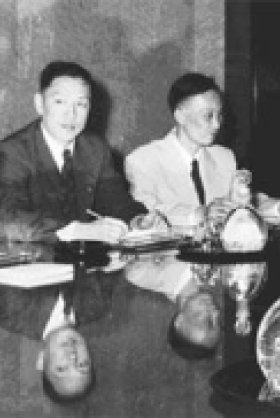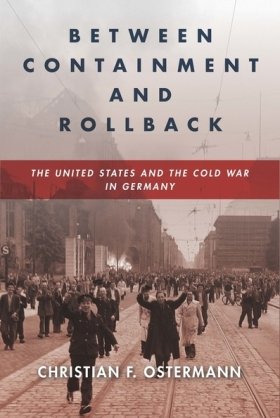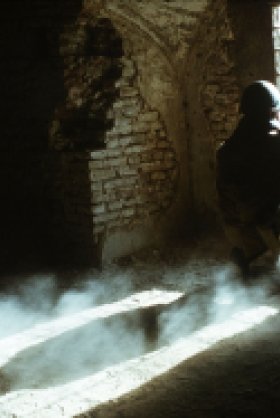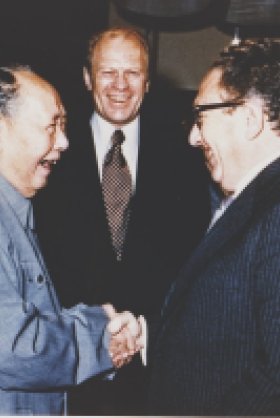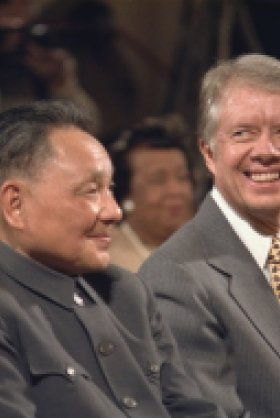CWIHP in the News: CWIHP event covered by National Iranian American Council
The joint book launch of Ambassador William Miller and Malcolm Byrne's new book Mohammad Mosaddeq and the 1953 Coup in Iran by CWIHP and MEP was covered in a National Iranian American Council press release.
New Book on 1953 Coup Aims to Affect Current Policy
By Negar Kordestani
National Iranian American Council
A new book about the 1953 US-led coup of Iranian Prime Minister Mohammad Mosaddeq has been deemed a vitally important work that is relevant to the policy direction and attitudes of the present US government.
So said former Ambassador William Miller, co-editor of Mohammad
Mosaddeq and the 1953 Coup in Iran, a new book launched June 17th at the Woodrow Wilson International Center for Scholars. Both Miller, one of the Center's public policy scholars, and Malcolm Byrne, the book's other
co-editor, spoke at the event.
Current Iranian President Mohammad Khatami inspired Byrne, Deputy Director and Research Director of the George Washington University-based National Security Archive, and Mark Gasiorowski, a Louisiana State University political science professor, to compose the book. Byrne said he and the other writers took up Khatami's call for dialogue on US-Iran relations by trying to look at the history of the relationship from more
than one point of view.
Composed of seven chapters independently written by different scholars, the book tackles topics such as the coup's historical context, the political factors underlying the overthrow, the role of the British in
the coup, and the road to US intervention. The main new source that each of the contributors used was the recently released CIA Clandestine Service History, Overthrow of Premier Mossadeq of Iran, November 1952-August 1953, which Byrne said "raises important questions about [the coup's] usefulness."
Miller said the book should be required reading for American policy makers because it "lays out the confused perception of the time about the
merits and demerits of Iran as a nation.and the amateur enthusiasm of
overthrowing [a nation] without an understanding of the consequences. The issue in 1953 which we didn't understand," he went on to say, "was that Iran was a sovereign state. My country and the British [government] overthrew a democratic state."
The former ambassador added that the decisive events of 1953 have
consequences on today's US foreign policy. Miller said the book poses
important questions like whether domestic values have an effect on foreign policy and whether the issue of morality has an effect on foreign policy. "They do and they should," he said.
"As a centerpiece for the study of the action itself," Miller said, "[the book] should be surrounded by the question of why? Is it legitimate for a democratic society to engage in this kind of action?"
Miller added that the book's subject matter provides implications beyond the study of past events. "[The coup] is a very important subject for understanding how we should behave in the future," he said.
Related Program

Cold War International History Project
The Cold War International History Project supports the full and prompt release of historical materials by governments on all sides of the Cold War. Through an award winning Digital Archive, the Project allows scholars, journalists, students, and the interested public to reassess the Cold War and its many contemporary legacies. It is part of the Wilson Center's History and Public Policy Program. Read more
